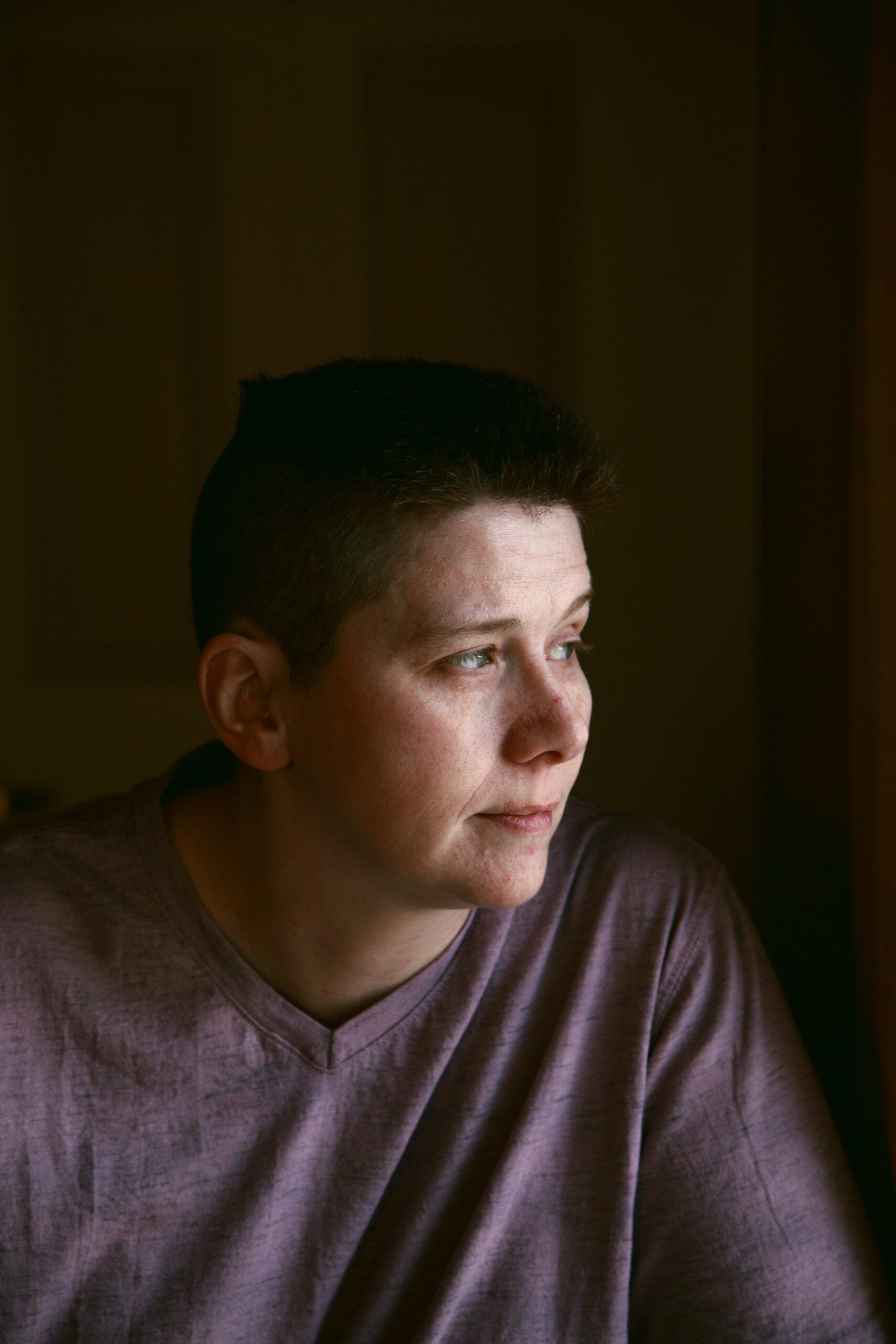
Autistic?
It can be difficult when you find people overwhelming, but being alone may be depressing.
That’s where personalised autism help for adults can make a real difference. Instead of forcing you to ‘fit in’, we focus on building strategies that reduce stress, improve comfort, and allow your strengths to shine.
It’s frustrating when people think you are rude and difficult or naive. You never meant to be. With specialist autism coaching for adults, you can explore new ways of communicating and responding, without masking your true self. Our coaching is designed to help you feel more comfortable in your environment, an important step towards expressing yourself with comfort. And it’s designed to give you a better understanding of the neurotypical, to support better communication.
Here’s the reality…
The reality is that it’s a two-way street. Just as you may not understand the neurotypicals, they often don’t understand you.
It’s possible to cognitively understand NT’s better, to better anticipate what they might say or do.
It’s possible to learn how to organise your thoughts more efficiently so that when you describe them verbally or in writing, people will understand you.
That’s why we provide tailored support for adults with autism. By addressing both sensory sensitivities and communication skills, we help you create a balance that makes daily life less overwhelming.

You very likely have strengths.
The goal of our personalised autism coaching is to help you thrive, not just cope, at work, in relationships, or in daily life and feel more confident, more comfortable and understood.
This is achieved by addressing the underlying challenges and uncovering practical strategies that fit your life. From supporting sensory organisation and managing sensory environments, to learning new communication approaches, we focus on giving you long-term skills that reduce the need for constant masking.
Take the next step
If you would like to talk with one of our experts to discuss what would be the best approach to support you with your autism, book a free online consultation today, wherever you are around the world.